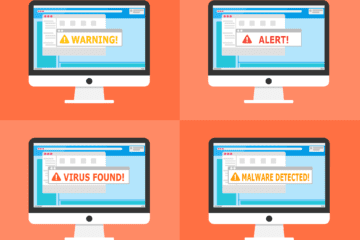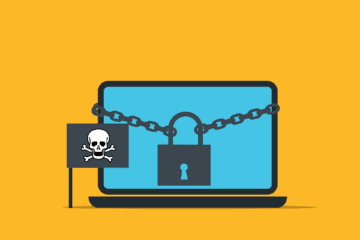Phishing is a type of online scam that is designed to trick people into giving away sensitive information such as passwords, credit card numbers, and other personal data. The scammer poses as a trustworthy entity, such as a bank, a well-known company, or even a friend, and sends an email or message that appears to be legitimate, but is actually a fake.
Phishing attacks have become increasingly common and sophisticated, making it important for everyone, regardless of their technical background, to understand how to protect themselves. Here are some tips on how to avoid falling for a phishing scam:
Be suspicious of unsolicited emails or messages: If you receive an email or message from a sender you don’t recognize, or that seems out of the ordinary, be cautious. Don’t click on any links or attachments in the message until you have verified the sender’s identity.
Verify the sender’s identity: If you’re not sure if an email or message is legitimate, contact the sender directly through a separate channel, such as a phone call or a different email address. Don’t use the contact information provided in the suspicious message, as it may be fake.
Check the URL: Phishing scams often use fake websites that look like the real ones. Before entering any sensitive information on a website, make sure the URL is legitimate by checking that it starts with “https” and that it is the correct URL for the website you think you’re visiting.
Use strong passwords: Strong passwords that are unique to each account are one of the best ways to protect yourself from phishing attacks. Use a combination of letters, numbers, and symbols, and don’t reuse passwords across multiple accounts.
Keep software up-to-date: Keeping your software, including your web browser and anti-virus program, up-to-date is important for staying protected from phishing attacks and other types of online threats.
Be wary of unexpected attachments: Be cautious of opening attachments from unknown senders, as they may contain malicious software.
Report phishing attempts: If you receive a suspicious email or message, report it to the company it appears to be from and to your email provider.
In conclusion, by being aware of phishing scams and taking simple precautions, you can protect yourself from these types of attacks. Remember to always be suspicious of unsolicited emails and messages, verify the sender’s identity, check URLs, use strong passwords, keep software up-to-date, be wary of unexpected attachments, and report any phishing attempts you encounter.



